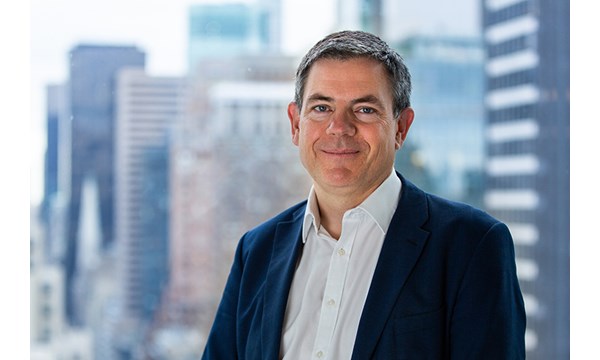Sign up today to get the best of our expert insight in your inbox.
How do we adapt to a warming world?
Ed Crooks
Vice Chair Americas and host of Energy Gang podcast

Ed Crooks
Vice Chair Americas and host of Energy Gang podcast
Ed examines the forces shaping the energy industry globally.
Latest articles by Ed
-
Opinion
How do we adapt to a warming world?
-
Opinion
What the conflict between Israel and Iran means for energy
-
Opinion
Geothermal, dealmaking, and the future of clean energy finance
-
Opinion
Renewables in the US face a future without tax credits
-
Opinion
Energy and the ‘big beautiful bill’
-
The Edge
US tariffs – unpredictability is the strategic planners’ nightmare
The world is experiencing a new reality: infrastructure, agriculture, and supply chains were built for a historical climate that no longer exists. Last year the average global surface temperature was about 1.47° C warmer than in the late 19th century, according to NASA. On current trends we are on course for perhaps 2.7° C of warming by the end of the current century: far in excess of the Paris Agreement goal of 1.5° C.
As it becomes increasingly likely that the world is not going to cut greenhouse gas emissions enough to meet that Paris goal, it becomes more and more important for us to learn how to adapt and become more resilient in a warming world.
It’s an issue that has been a focus for Dr Sarah Kapnick, the Global Head of Climate Advisory at the bank JP Morgan. She is a former Chief Scientist at NOAA, the National Oceanic and Atmospheric Administration, and she knows the worlds of climate science and climate finance inside out.
She returns to the show to talk to host Ed Crooks and regular Amy Myers Jaffe about what the world’s failure to get on track for meeting the Paris goals means for finance, investment and our futures. Together they unpack what global warming means for economies, energy systems and vulnerable communities.
One critical point where climate damages and risks are emerging as an urgent issue is in insurance costs. Some areas are becoming uninsurable as threats of flooding or wildfires mount. The impacts are worst for low-income communities and countries. Without support to adapt and build resilience, many nations could face a climate-induced debt spiral.
So what can we do to be prepared for a warming world? How are energy companies investing to stay ahead of the risks? And can there be a profitable business in climate adaptation?
Let us know what you think. We’re on X, at @theenergygang. Make sure you’re following the show so you don’t miss an episode – we’ll be back in two weeks, Tuesday morning at 7am eastern time.






